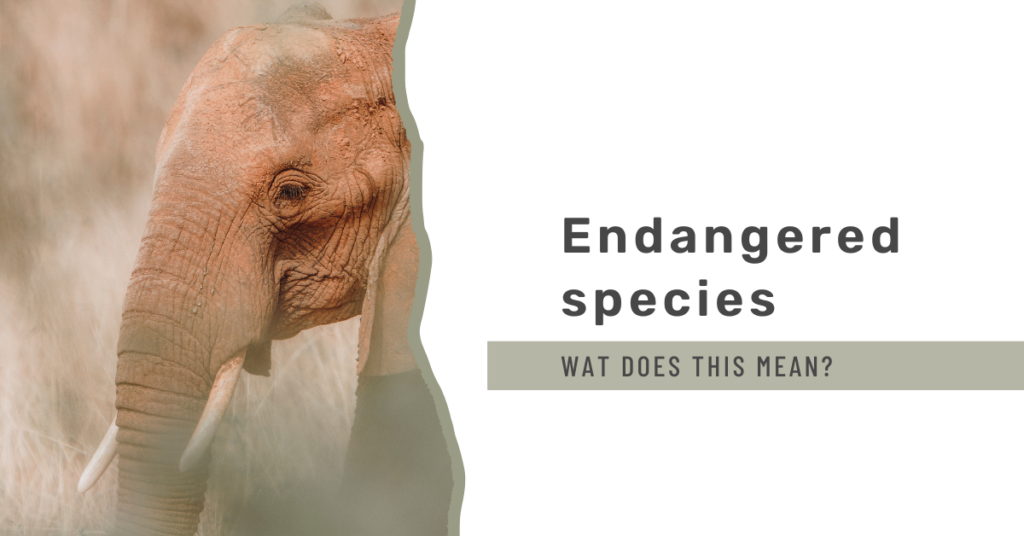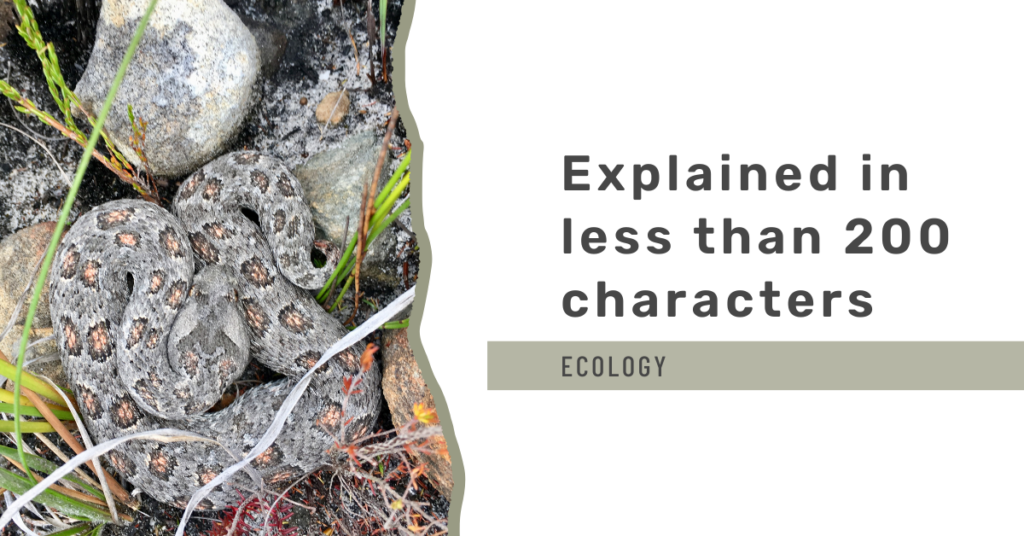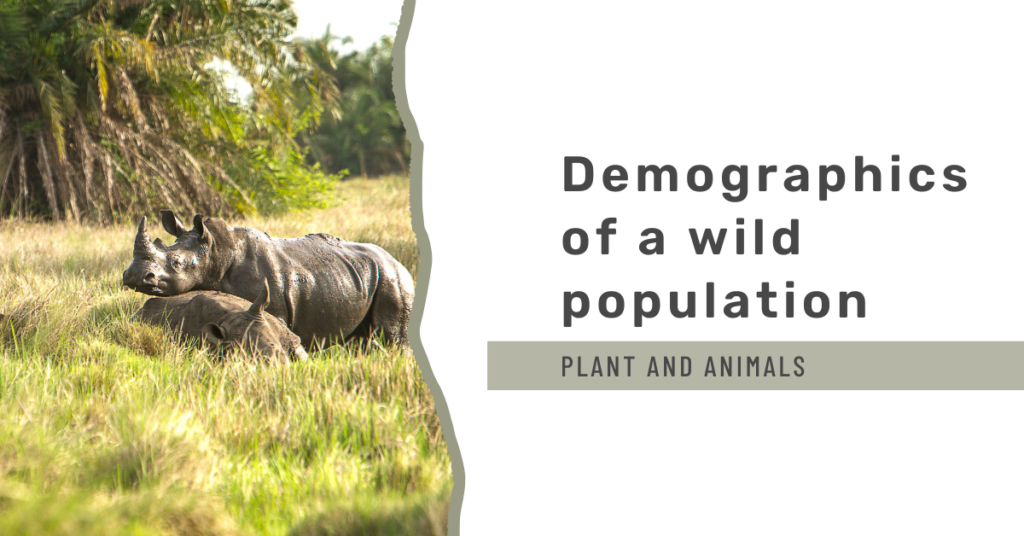Biodiversity is the variety of life on Earth, including the diversity of species, genetic diversity, and the diversity of ecosystems. It is what makes our planet unique and vibrant. However, over the past few decades, we have witnessed a rapid loss of biodiversity. Biodiversity loss is the greatest threat facing our planet today. In this essay, we will explore the reasons behind this loss and its impact on our planet.
Understanding Biodiversity Loss
Biodiversity loss is the result of human activities, such as habitat destruction, pollution, overfishing, and climate change. These activities have led to the extinction of many species and the decline of others. The consequences of biodiversity loss are far-reaching and affect not only the environment but also human well-being. Biodiversity is crucial for the functioning of ecosystems. It provides us with the resources we need to survive, such as clean air, water, and food. Biodiversity also plays a vital role in regulating climate and protecting against natural disasters. Moreover, biodiversity is a source of inspiration, beauty, and cultural diversity.
Causes of Biodiversity Loss
Biodiversity loss is a complex issue with several contributing factors. Habitat destruction, overexploitation, pollution, climate change, and invasive species are among the primary drivers of biodiversity loss. Human activities, such as deforestation, urbanization, and agriculture, have significantly contributed to habitat destruction. The destruction of natural habitats means that species lose their homes, food sources, and breeding grounds, causing a decline in populations and potentially leading to extinction.
Overexploitation, including overfishing and poaching, is another significant factor. When species are hunted or fished beyond their ability to reproduce, their populations decline, and they may even become extinct. Pollution from sources such as industrial agriculture and fossil fuel combustion also harms biodiversity. Chemicals and pollutants can have direct and indirect impacts on species, from killing them outright to affecting their reproductive capacity or reducing their food sources.
Climate change, driven by the burning of fossil fuels, is another major contributor to biodiversity loss. Climate change has wide-ranging impacts on biodiversity, from disrupting migration patterns to altering ecosystems in ways that favour some species over others. Finally, invasive species, which are introduced to new environments by humans, can displace native species, compete for resources, and even spread diseases that harm other species. Together, these factors have contributed to the significant loss of biodiversity around the world.
food insecurity
Biodiversity loss can also have significant impacts on food security. Agricultural productivity and food production are dependent on diverse ecosystems and the services they provide, such as pollination and soil fertility. However, the loss of biodiversity can disrupt these ecosystem services, leading to a decline in crop yields and food production. Pollinators, such as bees and butterflies, play a crucial role in crop production by transferring pollen from male to female flowers, which allows plants to produce fruit and seeds. However, the decline in pollinator populations can lead to reduced crop yields and lower-quality produce.
Furthermore, the loss of biodiversity can also lead to soil degradation, which can negatively impact agricultural productivity. Soil organisms, such as earthworms and bacteria, play a vital role in maintaining soil fertility and nutrient cycling. However, the loss of these organisms can result in reduced soil quality, leading to reduced crop yields and lower-quality produce. Finally, the loss of wild food sources can also have an impact on food security. Many cultures rely on wild foods as a source of nutrition and livelihood, but the loss of biodiversity can lead to the disappearance of these food sources, leaving communities without access to adequate nutrition.
Increased Spread of Diseases
The loss of biodiversity can increase the spread of diseases, especially zoonotic diseases that transfer from animals to humans. Disrupting ecosystems can unbalance the relationships between species and result in more disease-carrying organisms like mosquitoes, ticks, and rodents. Deforestation, for instance, can bring people into closer proximity to wild animals, which raises the chance of zoonotic diseases spreading. Human encroachment on natural habitats exposes them to animals that may harbour dangerous pathogens. This can result in the transmission of illnesses like Ebola, HIV/AIDS, and COVID-19, which scientists believe originated from animal populations.
Biodiversity loss can also increase the risk of diseases spreading among wildlife populations. When the number of species in an ecosystem declines, the remaining species become more vulnerable to disease outbreaks. For instance, the decline of amphibian populations due to habitat loss and climate change has been linked to the spread of the deadly chytrid fungus. In addition, the loss of biodiversity can have indirect effects on disease transmission. For example, the loss of plant species can reduce the diversity of natural compounds that have antimicrobial properties. This can make it easier for pathogens to thrive and spread.
Climate Change
Biodiversity loss and climate change are interconnected and have a reciprocal relationship, meaning that the loss of biodiversity can cause climate change, and climate change can accelerate biodiversity loss. Biodiversity plays a crucial role in regulating the Earth’s climate. For instance, forests and oceans absorb carbon dioxide from the atmosphere and store it, reducing the amount of greenhouse gases that contribute to climate change. Biodiverse ecosystems are also more resilient to climate change impacts, such as droughts and floods, as they can adapt and respond to changing conditions.
However, when biodiversity is lost, these crucial functions are also lost, leading to an increase in greenhouse gases in the atmosphere and more vulnerability to climate change impacts. The destruction of forests, for example, not only results in the loss of carbon storage but also releases stored carbon back into the atmosphere. In addition, the loss of plant and animal species can reduce the ability of ecosystems to adapt to climate change, exacerbating its effects.
In turn, climate change can accelerate biodiversity loss even further. Species are forced to migrate or adapt to new conditions as temperatures increase and weather patterns become more unpredictable. However, the rate of climate change may be too rapid for many species to keep pace, resulting in population declines or even extinction. Rising temperatures can also facilitate the spread of invasive species, which can outcompete native species and exacerbate biodiversity loss. Overall, there is a close link between biodiversity loss and climate change, and addressing one issue necessitates addressing the other. Protecting and restoring biodiversity can help mitigate climate change, increase the resilience of ecosystems, and tackle biodiversity loss.
The Impact on the Environment
The depletion of biodiversity poses a critical problem for our planet. It not only leads to the decline and potential extinction of species but also has a ripple effect on entire ecosystems. A single species disappearing can have cascading effects on the entire food web. For instance, the loss of pollinator species can lead to a decline in plant species that rely on pollination, which in turn impacts the species that rely on those plants for food or shelter. This depletion of biodiversity further weakens the resilience of ecosystems, making them more vulnerable to disease, pests, and climate change.
The economic impact of biodiversity loss cannot be ignored either. Various industries such as agriculture, forestry, and tourism depend on healthy ecosystems and biodiversity. When biodiversity is lost, these industries suffer as well. For instance, the decline in bee populations can lead to a decrease in crop yields, resulting in a severe impact on the agricultural industry. Biodiversity loss also has economic consequences. The loss of biodiversity can lead to a decline in ecosystem services, such as the provision of clean water, air, and food. This can have a significant impact on human well-being, as it affects our health, livelihoods, and quality of life. Biodiversity loss also affects industries such as agriculture, forestry, and tourism, which rely on healthy ecosystems.
Cultural heritage
When biodiversity is lost, it can have significant economic impacts on various industries, such as agriculture, forestry, and tourism. These industries depend on healthy ecosystems and biodiversity to thrive. For example, the decline in bee populations can lead to a decrease in crop yields, which can severely impact the agricultural industry. Additionally, the loss of biodiversity can result in a decline in ecosystem services, such as the provision of clean water, air, and food, which can negatively affect human well-being by impacting our health, livelihoods, and quality of life. Furthermore, industries such as agriculture, forestry, and tourism, which rely on healthy ecosystems, are also affected by biodiversity loss.
Solutions to Biodiversity Loss
To address the issue of biodiversity loss, we need to take action on multiple fronts. We need to reduce our impact on the environment by adopting sustainable practices in agriculture, forestry, and fisheries. We also need to protect and restore habitats, such as forests and wetlands. Furthermore, we need to reduce pollution and address climate change to ensure the continued functioning of ecosystems.
Biodiversity loss is the greatest threat facing our planet today. It is a complex issue that requires a coordinated global response. Protecting biodiversity is not only important for the environment but also for human well-being and economic prosperity. By taking action to reduce our impact on the environment, we can ensure that future generations inherit a healthy and vibrant planet.
Want to support my work?
I spend a lot of time keeping this website filled with educational content and keeping updates about what I do to achieve my dream of working and living in Africa. Do you want to support me? You can buy me a coffee or purchase one of my digital prints. All proceeds will go towards my elephant research and the time spent on this website.







